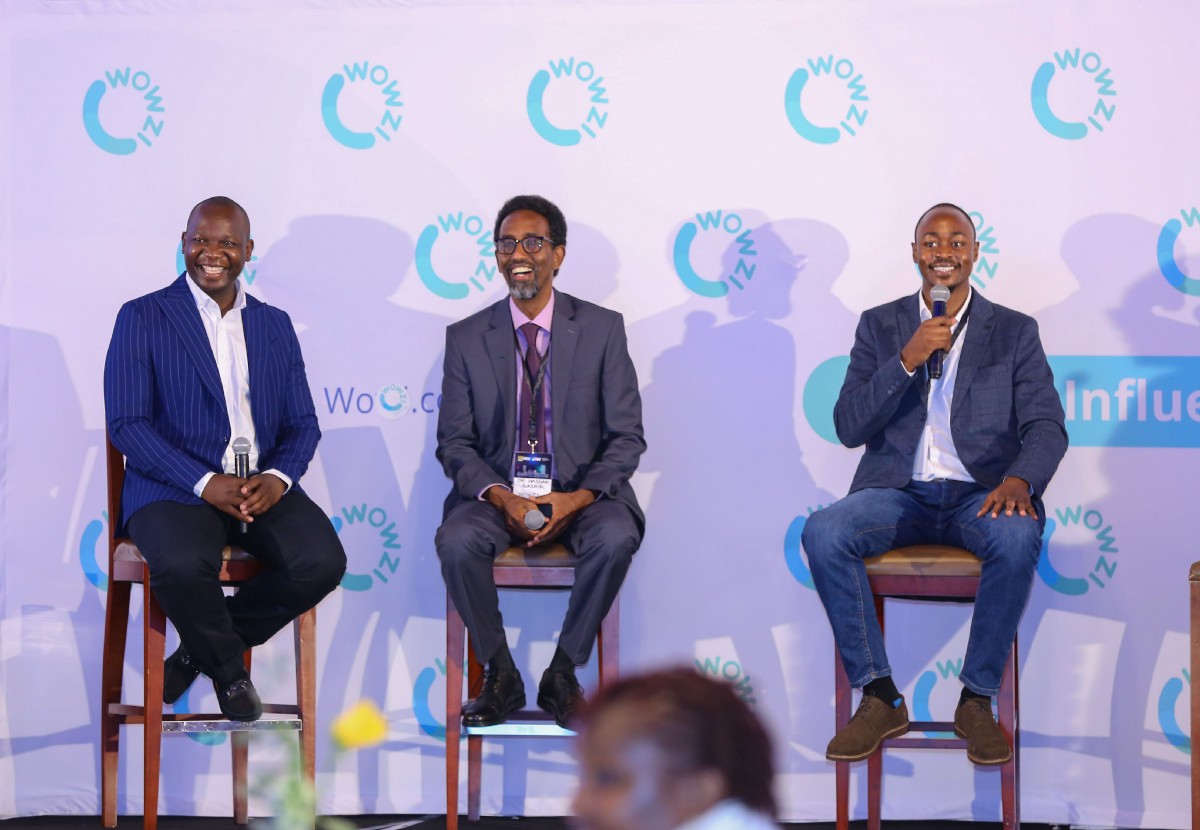Why Investors Poured $3.2 million Into Kenya’s Wowzi To Go After Social Media Users
Wowzi, a Kenyan startup that turns social media users into brand influencers, has received new funding to expand its reach to West and Southern Africa, as it capitalizes on the growing use of social media sites across the continent, fueled by the proliferation of smartphones and deepening internet penetration.
Over the previous several months, the startup has raised a total of $3.2 million from investors, including a recently completed $2 million seed round led by Africa-focused venture capital firm 4DX Ventures. A $1.2 million pre-seed round preceded this.
To.org, Golden Palm Investments, LoftyInc Capital, Afropreneur Angels, and Future Africa were among the other seed investors. Christina Sass, co-founder of Andela, as well as former Andela executives Jessica Chervin, Justin Ziegler, and Johnny Falla, who is now the chief development and growth officer of Wowzi, also participated in the round.
Read also SendChamp raises $100,000 in angel round to build communication solutions for African businesses
Wowzi intends to leverage the new funding to establish operations in Ghana, Nigeria, and South Africa, expanding beyond its current physical presence in Kenya, Uganda, and Tanzania. It intends to also use these new hubs to enter other African countries.
“We are primarily focused on expanding across Africa in 2022 and in other emerging markets globally,” Wowzi co-founder and CEO, Brian Mogeni, told TechCrunch.
“We are also adding new product capabilities and features, as we continue to develop our technology and provide additional value to our communities,” he said.

Why The Investors Invested
The investors invested primarily because the startup has acquired considerable traction. Wowzi works with companies and creative agencies to help them scale their campaigns. Coca-Cola, Netflix, Safaricom, Diageo, P&G, and Absa Bank are among the companies with which it has collaborated so far.
So far, the firm has worked with 200 brands, run over 15,000 campaigns, and completed over 200,000 paid gigs. Wowzi has expanded by a factor of 20 in the last year.
A Look At What The Startup Does
Wowzi allows brands to collaborate with social media users on marketing projects. This is a new type of digital marketing that differs from the traditional practice of utilising celebrities in advertising efforts. Wowzi claims it is tapping “more real engagements or product endorsements” from consumers who interact with these brands on a daily basis by leveraging ordinary internet users.
Read alsoSouth Africa’s Capitec Launches New Free QR-Code Payments
Because the platform is automated, the startup also relieves brands of the hassle of managing influencers. Brands filter out their ideal influencer demographic groupings based on criteria such as gender, geography, occupation, or income levels before launching a campaign. Wowzi then links them with the appropriate influencers for their need. The brands then refine their search (depending on the material shared or amount of activity) and then reach out to the influencers they desire.
Wowzi influencers are divided into five categories: nano, micro, mega, meta, and super (celebrities), and they use their social media profiles to carry out marketing campaigns for brands on platforms such as Tik Tok, Twitter, Facebook, and Instagram. Wowzi, on the other hand, is primarily interested in nano and micro influencers (social media users with less than 10,000 followers).
Anyone with at least 250 (nano influencers) social media connections fits the profile of a Wowzi influencer, but interested candidates must first pass through several levels of verification before being considered for gigs.
“Brands want to have more authentic engagements or endorsements for products, from people who use and love them, and can talk about real practical applications. Our campaigns show that nano influencers deliver better sales leads because of the higher trust with their following,” Falla told TechCrunch.
“Brands also access a community of their most likely customers, and so this makes the campaigns hyper targeted for them as well,” said Falla.
Wowzi was founded in mid-2019 by Mogeni, Hassan Bashir, and Mike Otieno, but the site went live a day before Kenya’s president imposed the first shutdown last year. As it turned out, a window of opportunity opened up as more firms realized they needed to diversify their marketing strategies because travel and human interaction were still limited.
Read also Nigerian Fintech Explores Francophone Africa, Backs Ivory Coast’s CinetPay In $2.4m Seed Round
Because the processes are automated, brands can obtain data that can be used to assess the reach of their marketing initiatives.
Brands can now post market research tasks that include the participation of influencers in polls or surveys. Wowzi’s goal is to go from an influencer marketing platform to a job aggregator.
Wowzi currently expects to create over 1 million jobs in the near future as it creates a strong pan-African presence. This aim is attainable for the firm, which has successfully run ads in Mauritius, Mozambique, Zambia, and Cameroon, among other African markets.
“We actually had our first engagement in Cameroon recently after Netflix asked us to work with them in an additional eight countries. And so, what we have seen is that we can scale easily, even without the need for a physical presence,” said Falla.
Charles Rapulu Udoh

Charles Rapulu Udoh is a Lagos-based lawyer who has advised startups across Africa on issues such as startup funding (Venture Capital, Debt financing, private equity, angel investing etc), taxation, strategies, etc. He also has special focus on the protection of business or brands’ intellectual property rights ( such as trademark, patent or design) across Africa and other foreign jurisdictions.
He is well versed on issues of ESG (sustainability), media and entertainment law, corporate finance and governance.
He is also an award-winning writer

